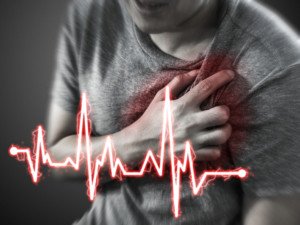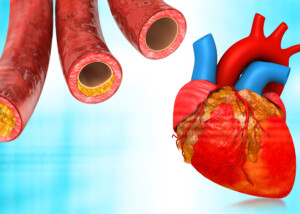
The coronary calcium score test is an excellent screening tool for heart disease.
The calcium score number closely correlates to the likelihood of having coronary heart disease: mild, moderate or severe.
It also closely correlates to the likelihood of having a cardiac event in the next several years.
“Calcium scoring is an additional tool to assess cardiovascular risk,” says Nieca Goldberg, MD, medical director of NYU Women’s Heart Program and radio show host of “Beyond the Heart” on Doctor Radio SiriusXM.
Dr. Goldberg explains, “I use it in individuals who have an early family history of heart disease: a father less than 50 or mom less than 60 when they had their first heart attack.”
Dr. Goldberg also uses the calcium scoring for “people who have intermediate risk for heart disease, meaning, they are not clearly high or low risk.”
Most people have never undergone a calcium score test. Many don’t even know what this is.
Others think it’s too expensive, but the test can run between around $200 and $300–well worth it.
It takes only about five minutes, too. If you know that your calcium score correlates to mild coronary heart disease, you can then take measures to help prevent a progression such as quitting smoking and starting an exercise program.

Freepik.com
Don’t be in the dark about what’s going on inside your coronary arteries, like so many people are — and then one day they drop from a heart attack — that probably could have been prevented.
If you have a question about the calcium score test for detecting the likelihood of heart disease, check out the article links below.
A coronary calcium score can theoretically exceed 4,000. Yet scores over **400** already indicate extensive plaque and high cardiovascular risk.
Very high scores reflect widespread calcification but do not directly measure artery blockage severity; clinical context and imaging will guide treatment decisions.

“Can I be too young to have coronary artery disease?”

 Dr. Goldberg
Dr. Goldberg







































